Is My Bank Safe?
Here's how to know whether your money still will be there if your financial institution fails.

Profit and prosper with the best of Kiplinger's advice on investing, taxes, retirement, personal finance and much more. Delivered daily. Enter your email in the box and click Sign Me Up.
You are now subscribed
Your newsletter sign-up was successful
Want to add more newsletters?

Delivered daily
Kiplinger Today
Profit and prosper with the best of Kiplinger's advice on investing, taxes, retirement, personal finance and much more delivered daily. Smart money moves start here.

Sent five days a week
Kiplinger A Step Ahead
Get practical help to make better financial decisions in your everyday life, from spending to savings on top deals.

Delivered daily
Kiplinger Closing Bell
Get today's biggest financial and investing headlines delivered to your inbox every day the U.S. stock market is open.

Sent twice a week
Kiplinger Adviser Intel
Financial pros across the country share best practices and fresh tactics to preserve and grow your wealth.

Delivered weekly
Kiplinger Tax Tips
Trim your federal and state tax bills with practical tax-planning and tax-cutting strategies.

Sent twice a week
Kiplinger Retirement Tips
Your twice-a-week guide to planning and enjoying a financially secure and richly rewarding retirement

Sent bimonthly.
Kiplinger Adviser Angle
Insights for advisers, wealth managers and other financial professionals.

Sent twice a week
Kiplinger Investing Weekly
Your twice-a-week roundup of promising stocks, funds, companies and industries you should consider, ones you should avoid, and why.

Sent weekly for six weeks
Kiplinger Invest for Retirement
Your step-by-step six-part series on how to invest for retirement, from devising a successful strategy to exactly which investments to choose.
How can I find out whether I need to worry if my bank is at risk of going under?
Five banks have already failed this year -- including IndyMac July 11 -- and others are having troubles. But you don't need to worry about your money as long as your balance stays below the Federal Deposit Insurance Corp. limits.
| Row 0 - Cell 0 | QUIZ: How Safe Is Your Money? |
| Row 1 - Cell 0 | When a Bank Closes |
If you have less than $100,000 at that bank, you definitely will be covered. And if you have several types of accounts, you can have as much as $450,000 -- or more -- in FDIC coverage. Stay within those limits, and there's absolutely no need for a run on the bank.
From just $107.88 $24.99 for Kiplinger Personal Finance
Become a smarter, better informed investor. Subscribe from just $107.88 $24.99, plus get up to 4 Special Issues

Sign up for Kiplinger’s Free Newsletters
Profit and prosper with the best of expert advice on investing, taxes, retirement, personal finance and more - straight to your e-mail.
Profit and prosper with the best of expert advice - straight to your e-mail.
First, make sure your bank is covered by the FDIC, the U.S. government agency that protects your deposits if the bank fails. Don't just take the bank's word for it. Look up its status using the FDIC's BankFind tool or by calling the FDIC at 877-275-3342 (from 8 a.m. to 8 p.m. Eastern time). Credit unions are insured through the National Credit Union Share Insurance Fund. You can find out your credit union's status at www.ncua.gov.
Then, calculate your FDIC limits. You have a $100,000 FDIC limit for single accounts, $100,000 for your share of joint accounts, and up to $250,000 for certain types of retirement accounts, including IRAs. You can check your coverage limits by using the FDIC's Electronic Deposit Insurance Estimator (EDIE).
If you have more money in that bank than the FDIC limits, just shift the extra money to another bank. The limits apply to each institution where you have an account. So, for example, if you had single accounts at three different banks, up to $100,000 would be protected at each bank -- for a total of $300,000 that's covered.
As long as your balance is under the FDIC coverage limits, then you'll have continuous access to your money and may just lose some services temporarily during the transition. IndyMac was closed by the FDIC on Friday, July 11, and some branches were closed early for the day. Customers lost access to online and phone banking services over the weekend but could still withdraw insured deposits through ATMs. All banking services resumed for insured depositors by Monday morning, July 14. See the FDIC's IndyMac information page for details and contact information.
The situation gets trickier if you have uninsured deposits -- which is affecting about 10,000 IndyMac customers who have as much as $1 billion in total uninsured deposits. The FDIC gave them access to 50% of their uninsured money right away, and they will gradually receive more money as the FDIC sells the bank's assets.
The FDIC typically recovers about 80% to 90% of uninsured deposits in the end, but that process can take a while. When NetBank failed on September 28, 2007, customers maintained access to their insured deposits plus 50% of their uninsured deposits through ING Direct, which took over the accounts. The FDIC recovered more money for uninsured depositors over the following months -- an additional 21.3% by December 18, 2007, and another 6.32% by April 2, 2008. So far, former NetBank customers have recovered 77.65% of their uninsured deposits.
For updates about failed banks and to see and how much money has been recovered, see the FDIC's Failed Bank List. Click on "Dividend History" for each bank to see how much the FDIC has recovered so far.
For more information see When a Bank Closes and Is Online Banking Safe?, which explains what happened to NetBank customers after the FDIC took over.
Profit and prosper with the best of Kiplinger's advice on investing, taxes, retirement, personal finance and much more. Delivered daily. Enter your email in the box and click Sign Me Up.

As the "Ask Kim" columnist for Kiplinger's Personal Finance, Lankford receives hundreds of personal finance questions from readers every month. She is the author of Rescue Your Financial Life (McGraw-Hill, 2003), The Insurance Maze: How You Can Save Money on Insurance -- and Still Get the Coverage You Need (Kaplan, 2006), Kiplinger's Ask Kim for Money Smart Solutions (Kaplan, 2007) and The Kiplinger/BBB Personal Finance Guide for Military Families. She is frequently featured as a financial expert on television and radio, including NBC's Today Show, CNN, CNBC and National Public Radio.
-
 Dow Adds 1,206 Points to Top 50,000: Stock Market Today
Dow Adds 1,206 Points to Top 50,000: Stock Market TodayThe S&P 500 and Nasdaq also had strong finishes to a volatile week, with beaten-down tech stocks outperforming.
-
 Ask the Tax Editor: Federal Income Tax Deductions
Ask the Tax Editor: Federal Income Tax DeductionsAsk the Editor In this week's Ask the Editor Q&A, Joy Taylor answers questions on federal income tax deductions
-
 States With No-Fault Car Insurance Laws (and How No-Fault Car Insurance Works)
States With No-Fault Car Insurance Laws (and How No-Fault Car Insurance Works)A breakdown of the confusing rules around no-fault car insurance in every state where it exists.
-
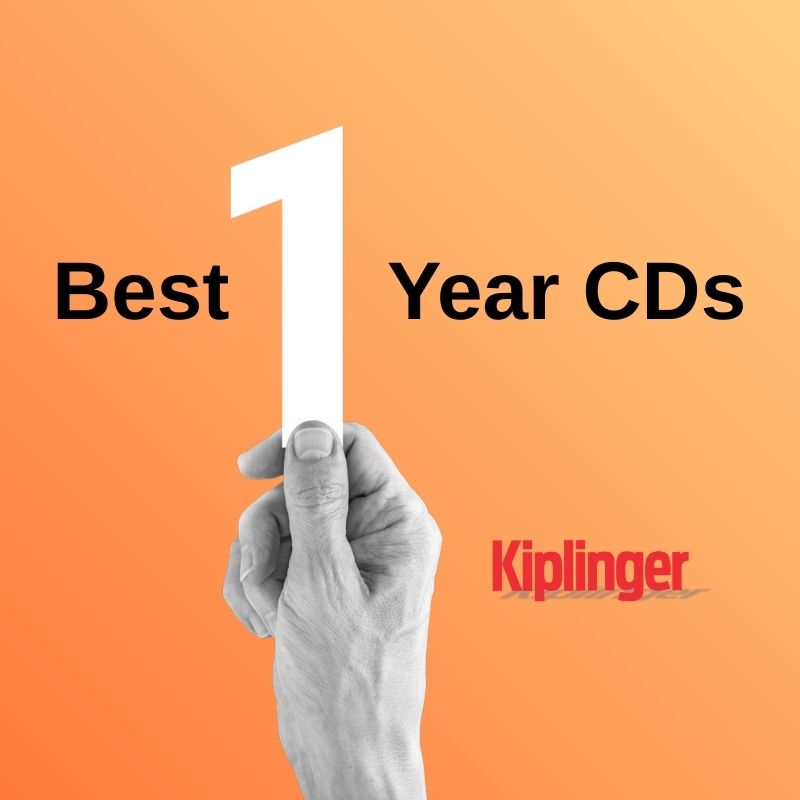 Best One-Year CD Rates
Best One-Year CD RatesSavings The best 1-year CD rates are a smart way to achieve short-term savings goals.
-
 What Is a High-Yield Savings Account?
What Is a High-Yield Savings Account?A high-yield savings account is essentially the same as a traditional account with one key difference — it pays a higher-than-average APY on deposits.
-
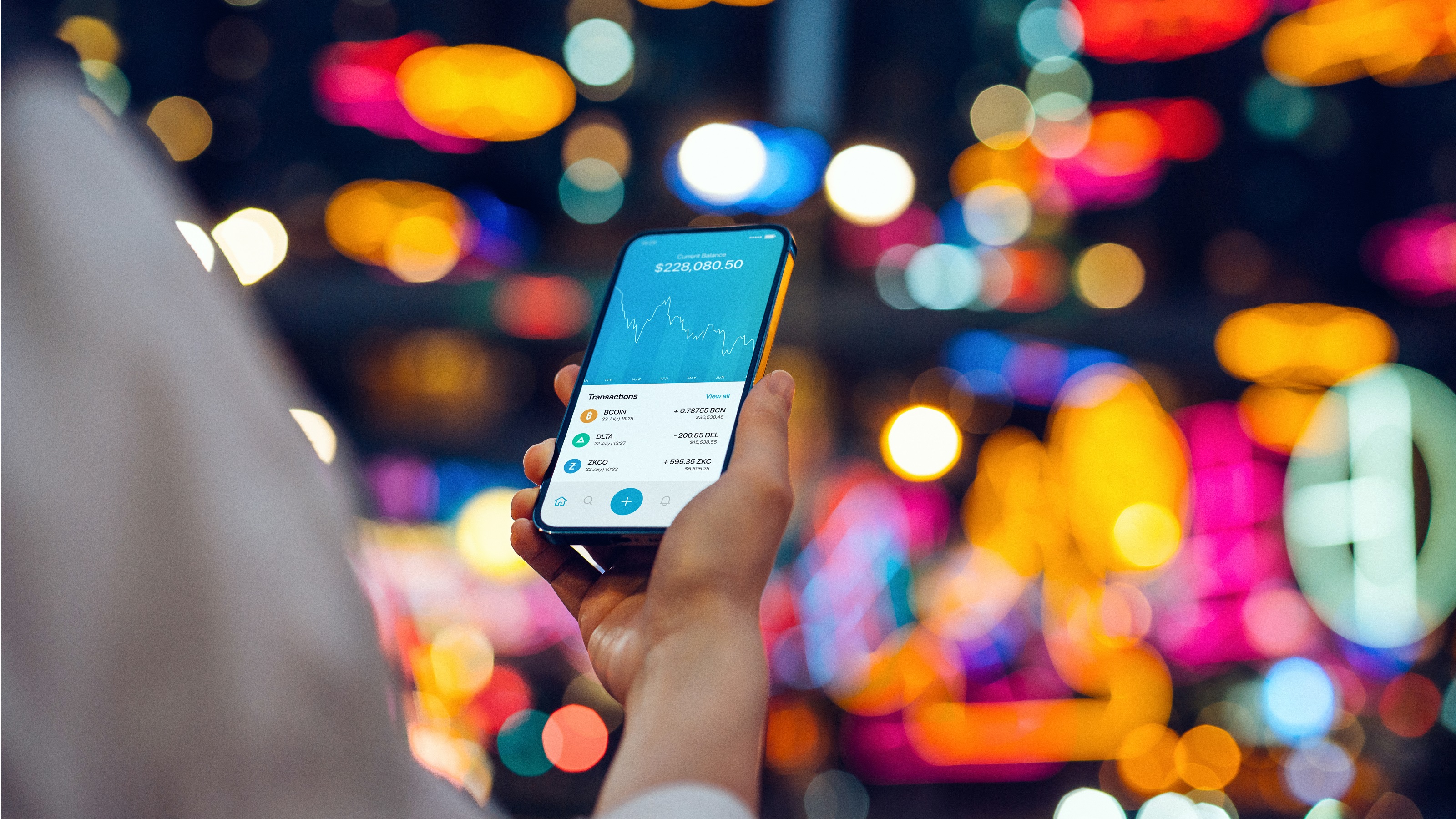 Trusting Fintech: Four Critical Moves to Protect Yourself
Trusting Fintech: Four Critical Moves to Protect YourselfA few relatively easy steps can help you safeguard your money when using bank and budgeting apps and other financial technology.
-
 Four Steps to Prepare Your Finances for Divorce
Four Steps to Prepare Your Finances for DivorceDivorce is rarely easy, but getting financial paperwork in order, working with professionals and making tough decisions now can take some of the stress out of it.
-
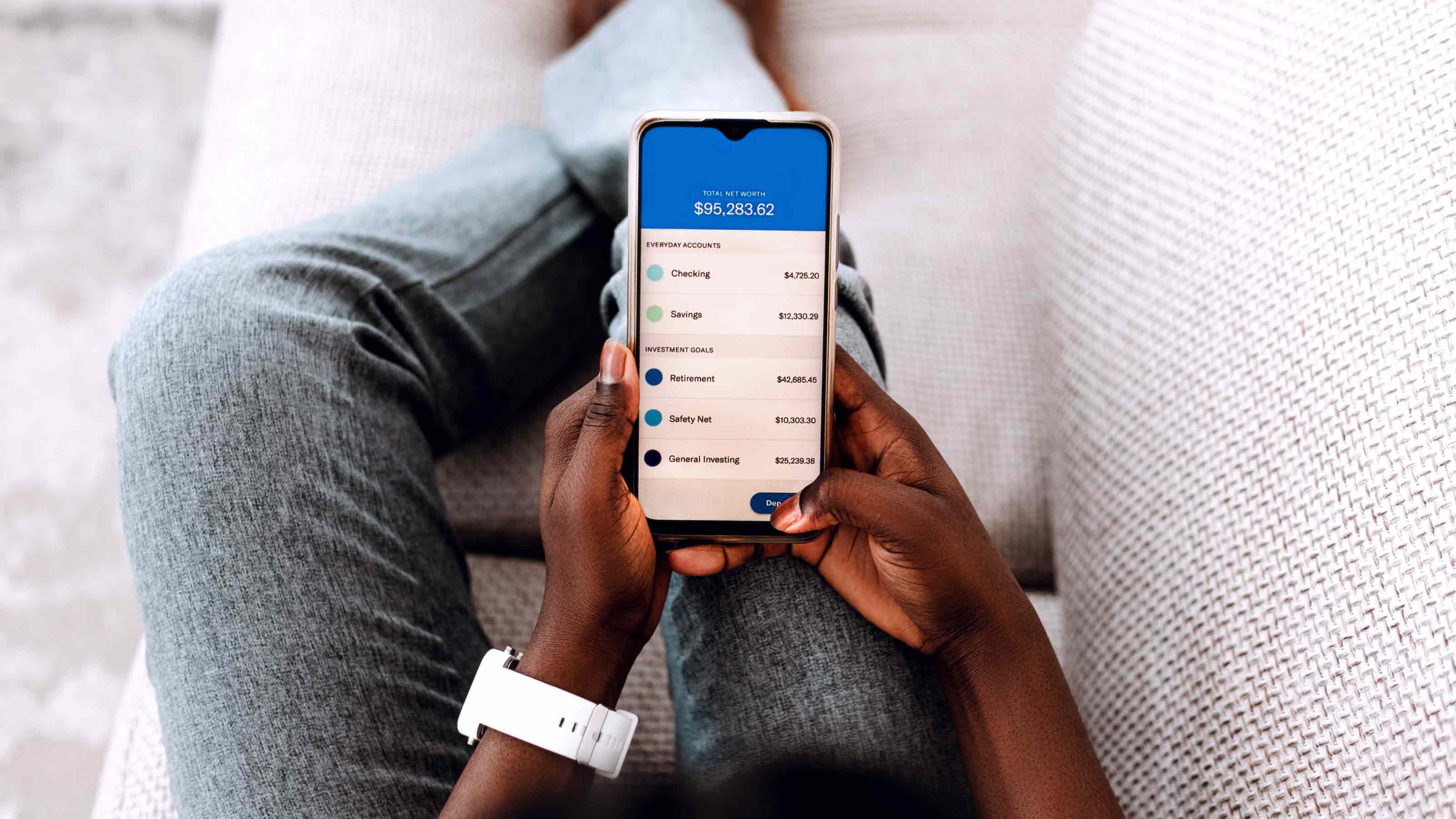 How to Open a Savings Account Online
How to Open a Savings Account OnlineYou may be wondering how to open a savings account online. The process is usually simple and straightforward — with just a few steps you’ll be able to start saving your hard-earned cash.
-
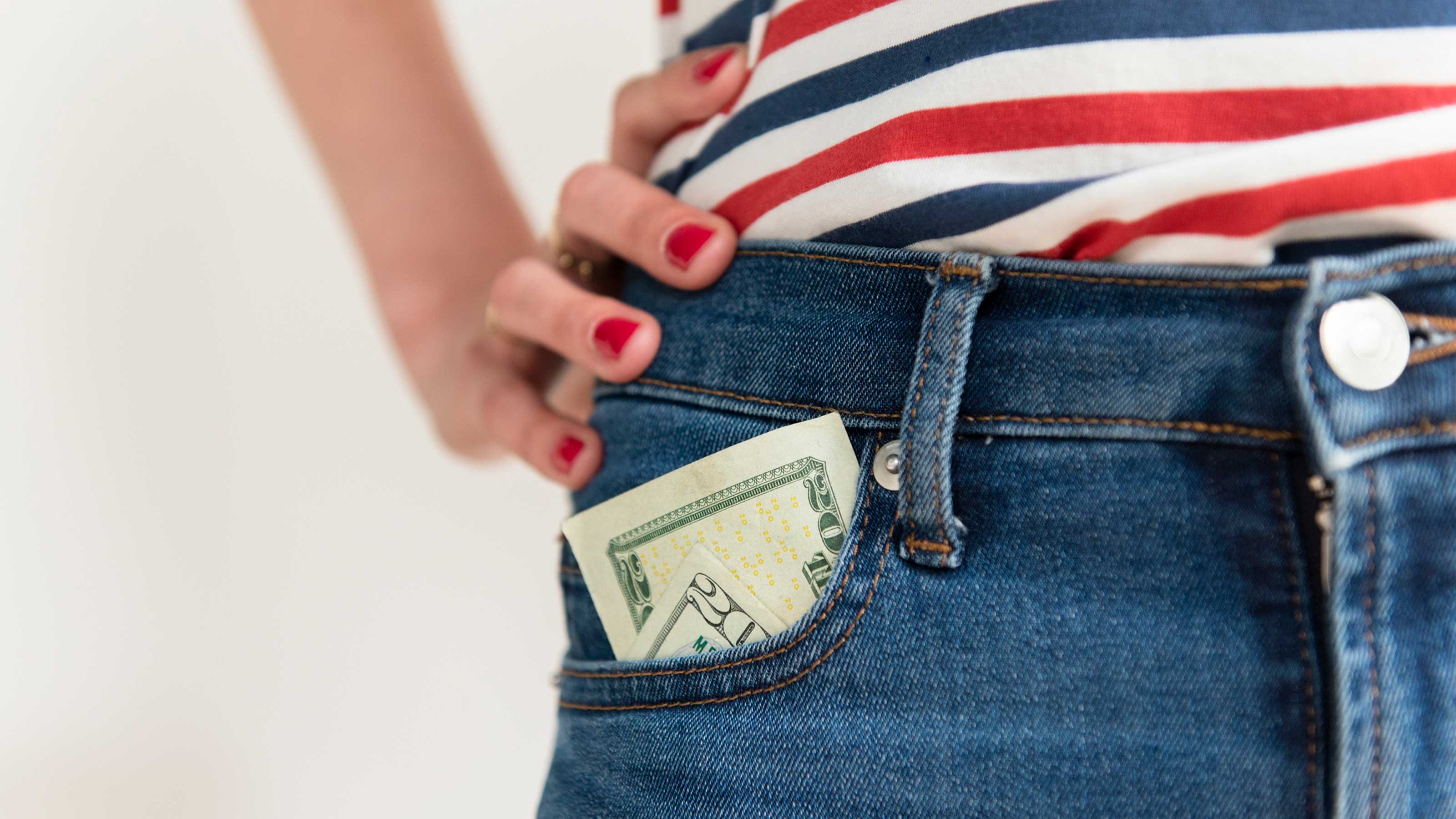 10 Easily Fixable, But Often Overlooked, Financial Planning Items
10 Easily Fixable, But Often Overlooked, Financial Planning Itemspersonal finance It’s easy to let important financial tasks slip your mind, so take a minute to check this list for any to-do items you may have forgotten. It could make a big difference in your bottom line.
-
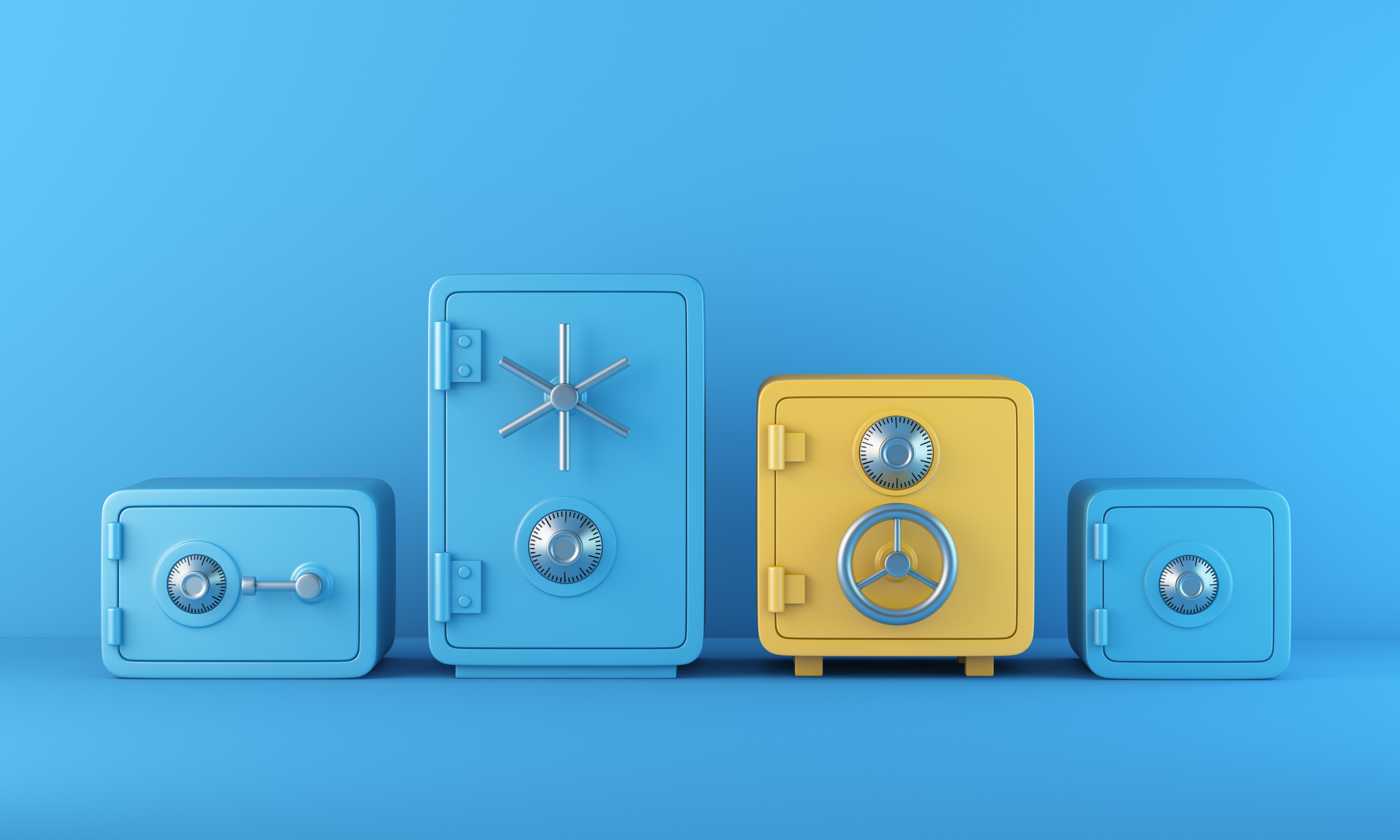 How to Keep Your Savings Safe
How to Keep Your Savings Safesavings If you want to keep your savings safe but they exceed FDIC and NCUA limits, it's time to open multiple accounts, preferably ones with high yields.
-
 Money Market Account or Money Market Fund? How to Choose
Money Market Account or Money Market Fund? How to Choosemoney market accounts Whether you choose a money market account or money market fund largely depends on the money's purpose.